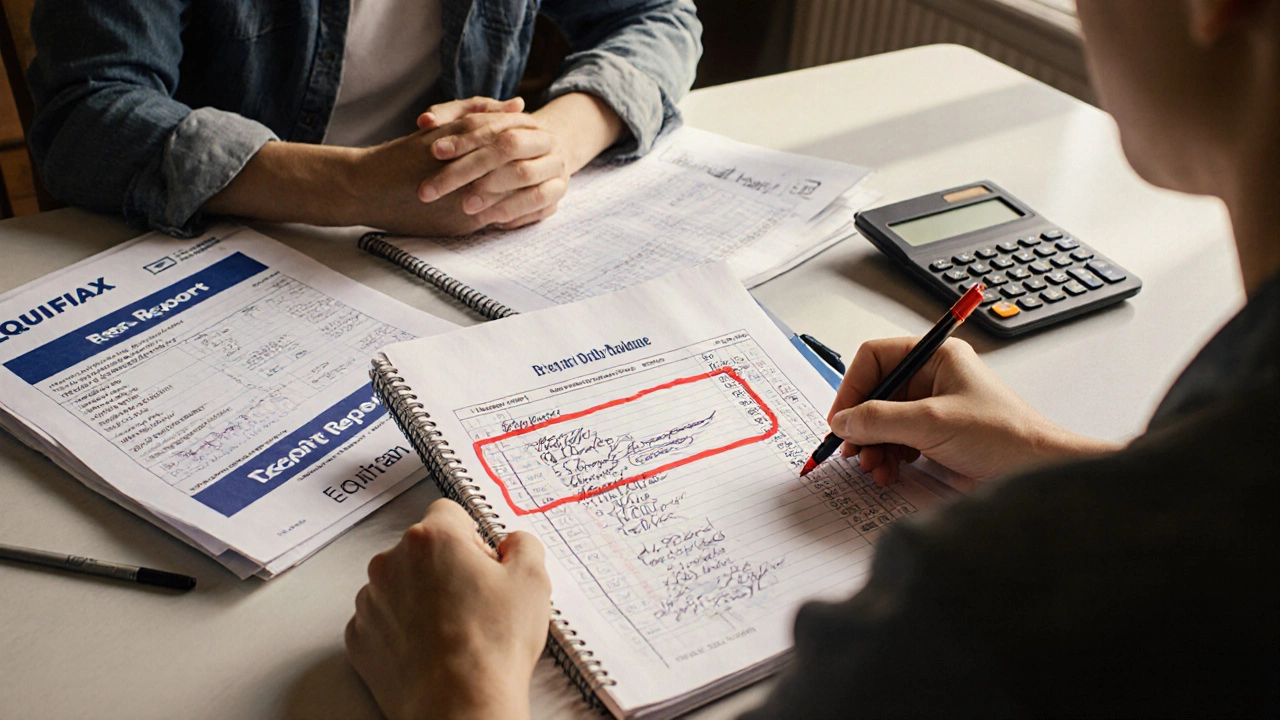000 Debt: What It Means, Why It Matters, and How to Get Out
When people talk about 000 debt, a financial state where no money is owed to creditors. Also known as debt-free status, it’s often seen as the ultimate goal in personal finance. But having zero debt isn’t always the smartest move — and sometimes, chasing it can cost you more than keeping a little bit of good debt.
Not all debt is bad. A mortgage, for example, can be a tool that builds wealth over time. Same with student loans that lead to higher earnings. The real issue isn’t the number on your statement — it’s whether you’re paying for things that lose value while missing out on things that grow. That’s where debt consolidation, combining multiple debts into one payment with better terms. Often used to simplify repayment and lower interest rates. comes in. People who jump straight to 000 debt without planning often end up selling assets, skipping retirement savings, or missing out on credit-building opportunities. Meanwhile, those who manage debt wisely — paying on time, keeping balances low, and using credit as leverage — often end up richer than those who avoid it entirely.
And here’s the truth most guides won’t tell you: 000 debt doesn’t automatically mean financial freedom. You could have no loans but no savings, no emergency fund, and no investments. That’s not freedom — that’s fragility. Real financial health means having control over your money, not just zero balances. It’s about knowing when to borrow, when to pay down, and when to let debt work for you instead of against you.
That’s why the posts below don’t just push you to erase every dollar you owe. They show you how to think about debt differently. You’ll find clear breakdowns of what happens when you consolidate debt, why some people stay stuck even after paying off loans, and how to build real security without falling for the myth that zero equals perfect. Whether you’re trying to get out of high-interest credit cards, weighing equity release options, or just wondering if you should pay off your student loan early — the answers here are practical, no-fluff, and grounded in what actually works for real people in the UK.

How to Pay Off $30,000 Debt in One Year
Learn how to pay off $30,000 in debt in one year using proven strategies like debt consolidation, the avalanche method, side income, and strict budgeting - without needing a windfall.





